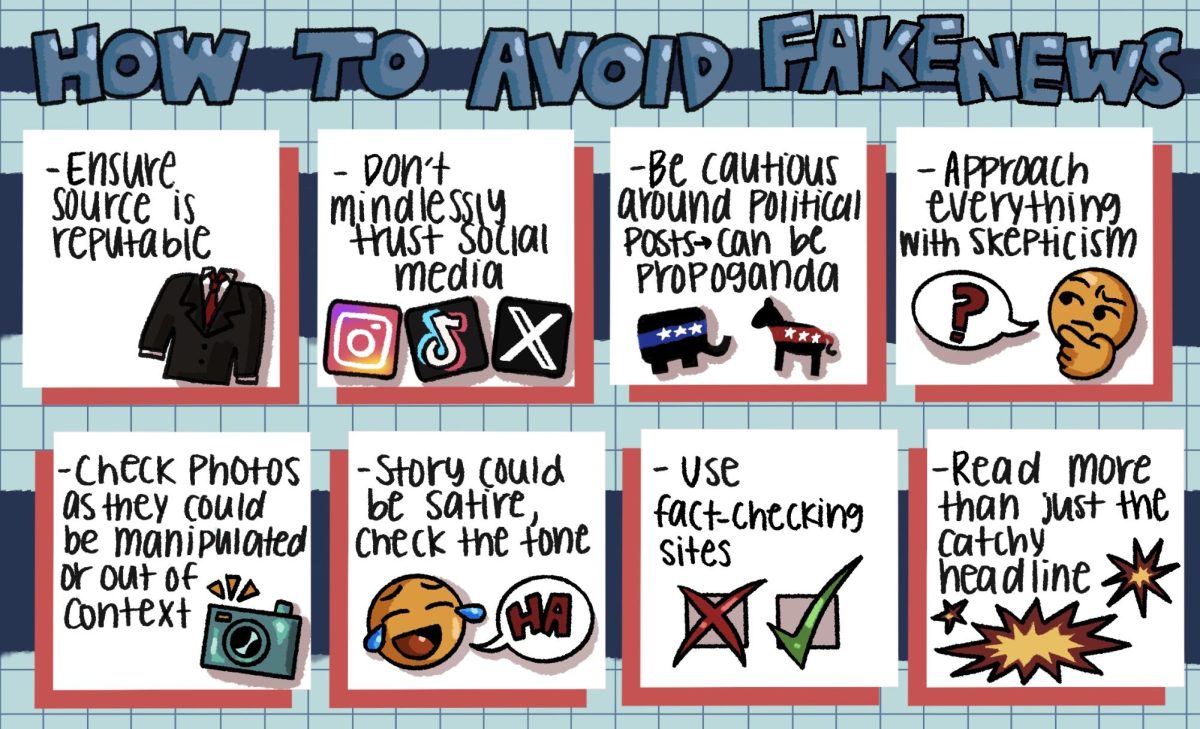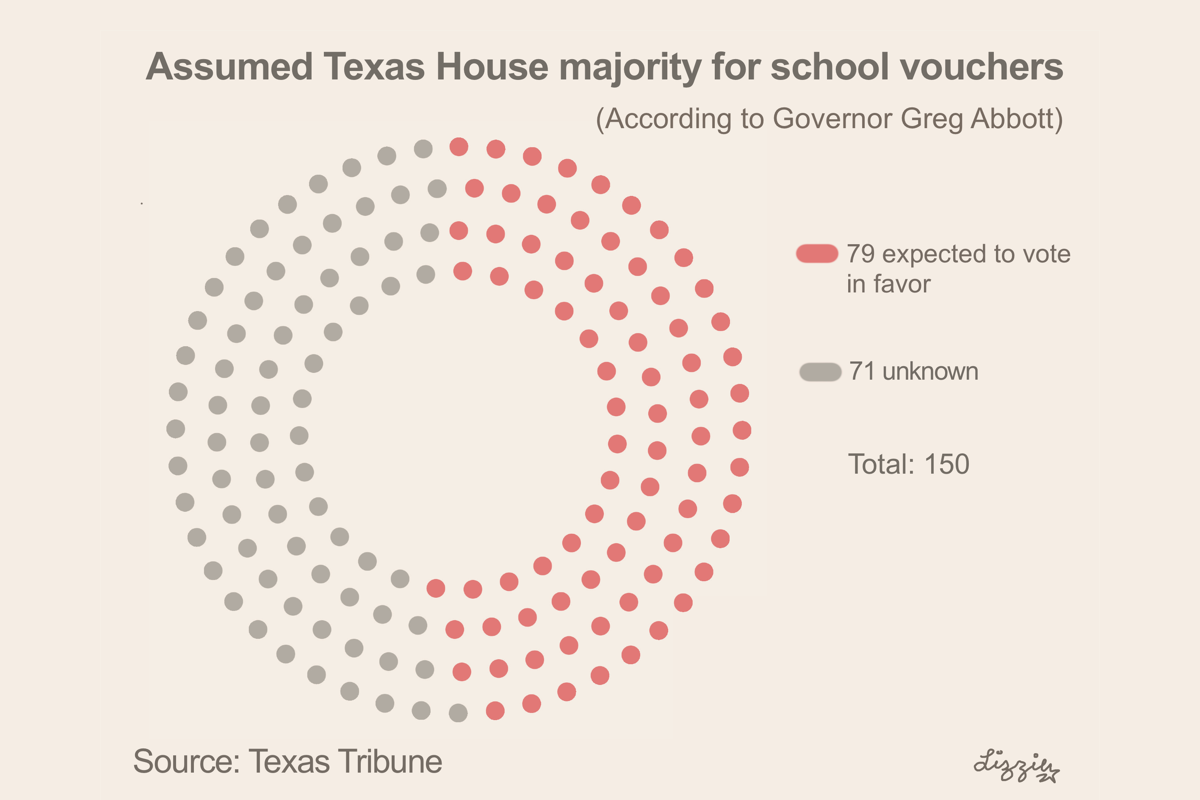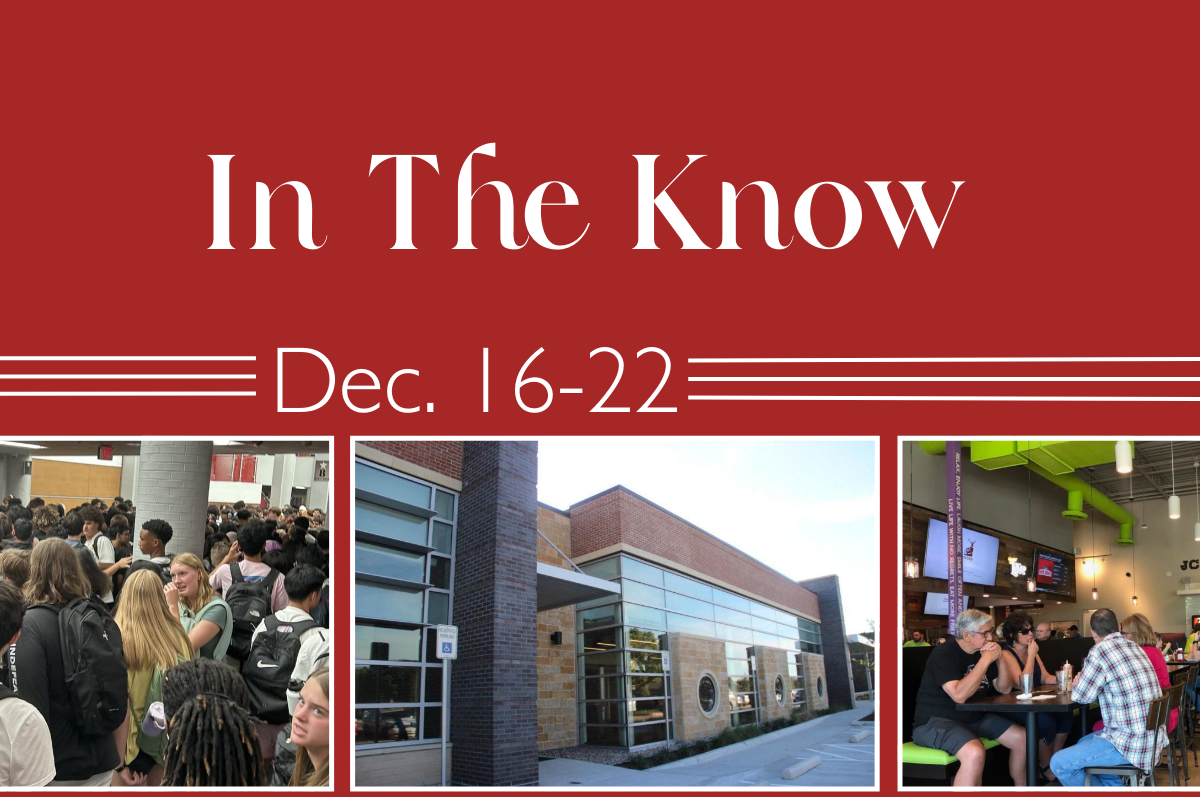Kara Adkins
Staff Writer
 It must be the time of year every student dreads. It begins with teachers giving the annual speech about eating a good breakfast and being well rested and ends with five hours in a classroom; it must be TAKS week.
It must be the time of year every student dreads. It begins with teachers giving the annual speech about eating a good breakfast and being well rested and ends with five hours in a classroom; it must be TAKS week.
But for incoming freshman next year they will not get to experience TAKS week, for it will no longer be given out to students. Instead it will be replaced with an End of Course Exam in order to test students over their knowledge in their core subjects.
In 2007 Senate Bill 1031 was enacted, which began the development of the EOC. This test will be given in Algebra I and II, geometry, biology, chemistry, physics, English I, II and III, world geography, world history, and Unites States history. Much like finals the EOC will count as 15 percent of a student’s final grade in a class.
In the eyes of many school officials, the EOC is a much better indicator of where students academically stand at the end of the year. Instead of an entire grade level taking the same subject test, the EOC is determined by what course you are taking. For example, since many students take biology their freshman year of school, they will be tested over the material that year. This differs from the current TAKS, which doesn’t test students over biology until their junior year of high school.
“The state believes that end of course exams are more indicative of what the student learned in a particular course… when you take the exit level you’ve got cumulative concepts that have built up over several years,” Associate Principal Deana Harrell said. “You can take biology as a freshman and not get tested over it until you’re a junior…students have been out of the course so long that their results are skewed.”
By implementing the EOC instead of TAKS, the state hopes to get a better idea of where students stand and where their strengths and weaknesses are. However, with every new system also comes down sides. Although the EOC seems to be a much better indicator then the TAKS some school officials believe that a better solution would be to get rid of the majority of the state testing over all.
“Overall students are assessed too much, especially when they are going to go to four core courses at high school- that part I disagree with. As far as changing the rigor, I think that’s a good thing. But overall I think it’s too much assessment and should only be done certain years, not every year,” Coppell ISD Director of Language Arts Jill Haltom said.
For Harrell, however, her concern lies in a different area. It is not the amount of state assessments that are necessarily a bad thing, but the fact it seems to be the only concern of the state. She thinks there should be more than one way to indicate student’s academic success and knowledge over a subject. State tests such as the TAKS and EOC seem to be looked at in the most depth when there should be other ways of determining a student’s ability to succeed in a subject.
Although the EOC will be first carried out for next year’s incoming freshman and they will know nothing different, students who have taken the TAKS test their entire high school career agree that it is time for a change.
“It is good because then it will test your knowledge on everything you are taking and it will be more on course with what you are actually learning instead of a generic state test,” junior Katie Edwards said.
Overall, the EOC’s purpose is to serve as rigorous state tests in order to make sure students are learning classroom material in depth. The TAKS test is a much more surface level test, while the EOC is made to challenge students performances and point out the level upon which our students are learning.
School officials are eager to find out how incoming freshman do on the EOC next year and are very supportive of this change.








